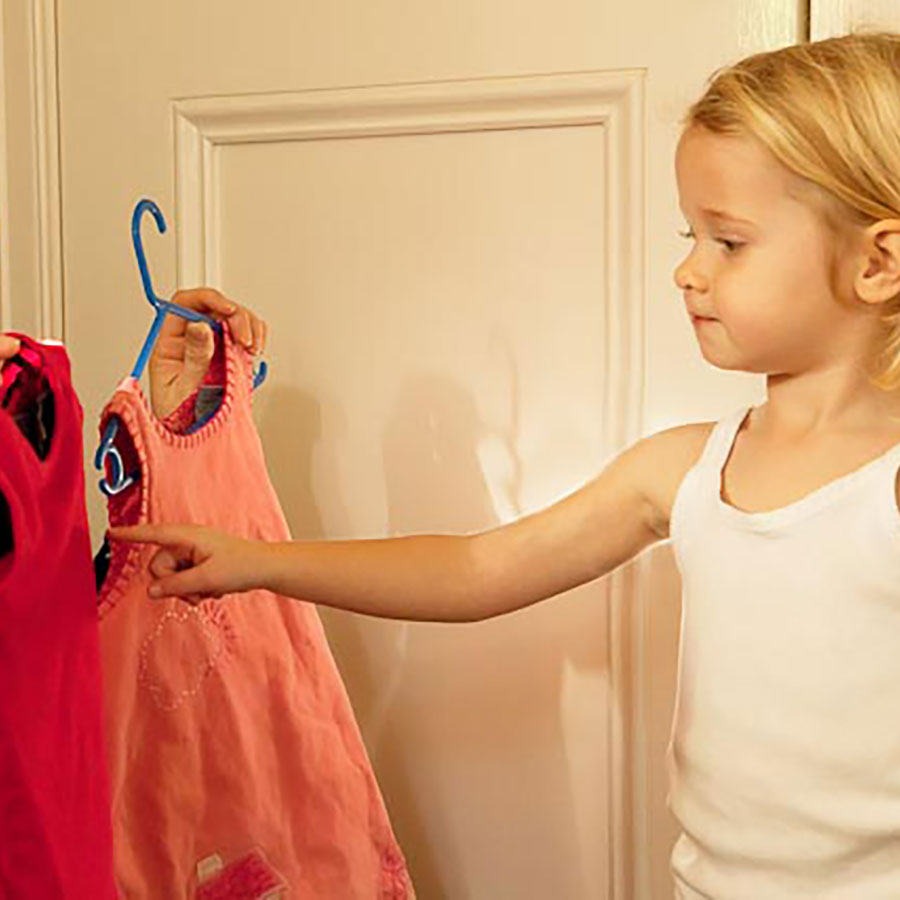Ten Things You Can Do at Home to Support Your Child's Growth in Self Discipline
Prepare her environment with furniture and equipment that are her size. For example, when she wants to wash carrots or strawberries, she will sit at a table and chair her size and use small kitchen tools that fit her hands. Show her clear ways to do tasks such as dusting a shelf, sweeping, washing socks, wiping the table after a meal, folding up and putting away clothes, setting the table, and many more.
Let her learn from her own mistakes. She will not work as you work, quickly and efficiently. If she is learning how to use a mop there may be soap and water on the floor when she is finished. The process is far more important to her inner growth than having clean floors. Help her to clean up by sharing the task with her rather than stepping in and doing it for her.
Use household items and toys for their intended purpose. If your child throws her shape-sorting toy, say, "Be gentle with your toys." Young children sometimes throw on a whim, but it doesn't mean they are destructive. If she throws the toy again, redirect her: "Come outside and let's throw the ball."
When appropriate, offer real choices. Choices should be simple, such as peanut butter or cheese on her sandwich or buying red or green apples. Too many choices are overwhelming; a handful of choices a day are enough at this age.
Speak to her positively and sincerely. Your child will thrive with positive state-ments and does not need to be showered with empty praise. Instead of saying, "You're such a good helper", say, "Thank you for setting the table." Instead of ordering, "Get off the table", lift her off the table and say, "Feet on the floor."
Do not feel the need to reward your child for doing what you want her to do. For children the reward is in the work itself. Adults may consider 'work' something we must do, but for children their work is their play.
Keep consistent routines. Children need regular sleep times, regular meals, time with family members, and opportunities to expend energy and play outside. When her days are predictable she knows what to expect.
Set limits that work for your family, and make sure that everyone applies them. When you always give in to your child's demands it is difficult for her to understand what is expected of her.
Evaluate each situation before reacting. If your child has lost control, ask yourself if she is hungry, tired, frustrated, or overstimulated. Each situation calls for a different response.
Realise that punishment doesn't work. Punishment has limited value, as it causes the child to focus on what not to do rather than what to do, and it often makes a small problem bigger. Young children can often remember the punishment, but may not connect the punishment to the behaviour that triggered it.
